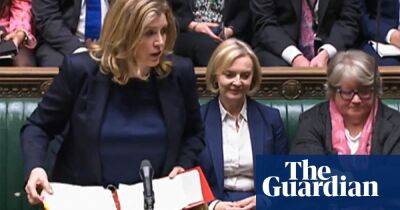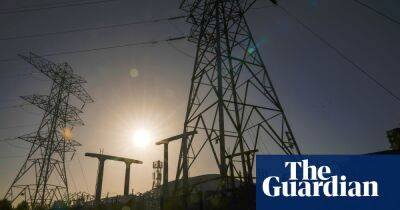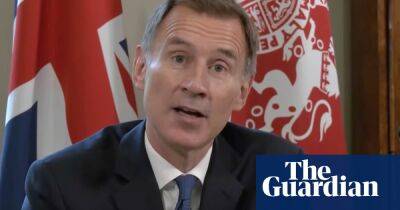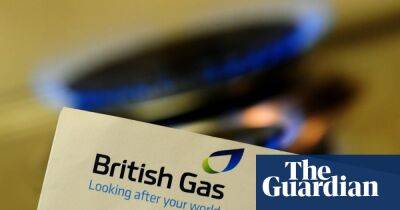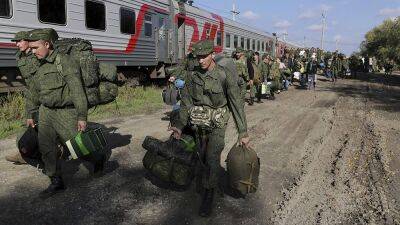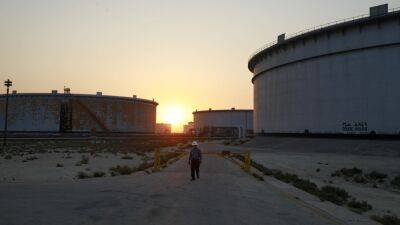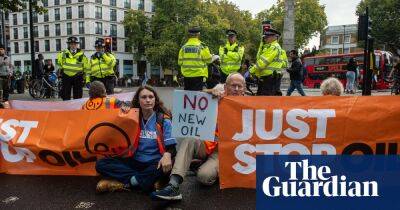Energy crisis? It isn’t that we have too little oil and gas. It’s that we have too much
Hurricane Ian has just swept across the Caribbean and the US east coast. It’s likely to become the deadliest hurricane in Florida’s history. The entirety of Cuba lost power for several days; homes have been flattened; and repairing the devastation could cost billions.
Hurricanes are a natural meteorological phenomenon, but one study has already found that the climate emergency directly added 10% more rainfall to Hurricane Ian. Arguably, we are already in the eye of an even bigger, global storm – and with every fraction of a degree of global heating, the damage escalates.
Yet as politicians are preoccupied by the global energy price crisis, they are deliberately failing to join the dots. It is the soaring cost of gas, precipitated by Russia’s devastating war in Ukraine, that has tipped us over into eye-watering energy bills, and put supply volatility under the microscope. We know that fossil fuels are the root cause, and we know that breaking our dependence and keeping them in the ground is our only way out. Yet for some reason, we haven’t stopped digging.
Why? Because major fossil fuel giants, and the nations propping them up, are acting like tobacco companies, stonewalling any efforts to reduce – let alone end – global fossil fuel production. Global climate diplomacy has now become an anti-smoking campaign which is too afraid to mention the word “cigarettes”.
The landmark 2015 Paris agreement failed to contain a single reference to fossil fuels, and the Cop26 Glasgow climate pact agreed last year could only “call upon” countries to phase out “inefficient fossil fuel subsidies” – as if they are ever efficient. Even the language on coal was diluted to a thin gruel, from “phase out” to “phase down”.
No wonder the fossil fuel
Read more on theguardian.com





